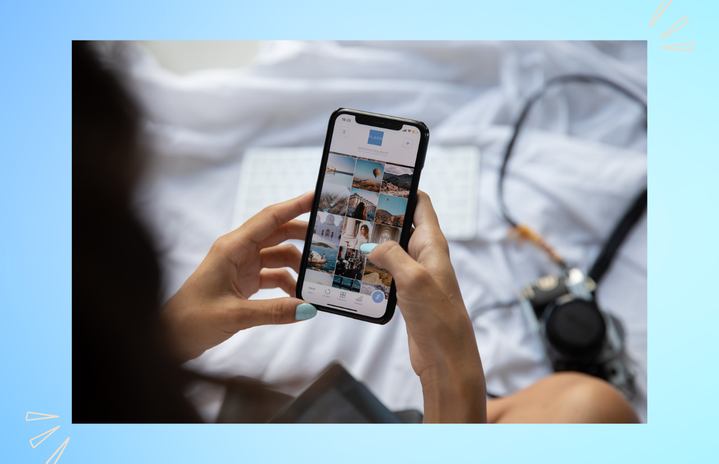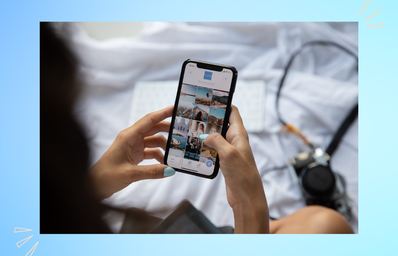Social media platforms like Instagram and TikTok have become an integral part of our day-to-day lives. Its purpose is self-expression, connection and information sharing. However, there is growing concern that it may undermine individuality by promoting conformity and replication of popular influencers’ lives and choices.
Lifestyle and Aesthetics:
One way social media impacts individuality is by homogenizing lifestyle and aesthetics. Influencers set trends for millions of followers to emulate their fashion choices and overall look. This can lead to a need for more diversity in personal style and self-expression. For instance, followers often mimic every aspect of Alix Earle’s life, a 22-year-old TikToker from Florida, as they aspire to embody her seemingly ideal existence. An early 2023 TikTok trend was “What Would Alix Do?” where people would decide based on what the influencer does in her videos. From using filters to purchasing products, followers lost their desire to have their own decisions and individuality to copy what she does and uses.
Similarly, Emma Chamberlain’s lifestyle impacted the late 2010s as her viewers copied her style and made “thrifting” a popular hobby because that’s what she does in her videos. Viewers wanted to seem quirky and relatable like her, as she is known for her down-to-earth and relatable style. She often sports comfortable and everyday clothing, which resonated with many of her followers. This “girl-next-door” fashion sense challenged the idea that fashion had to be extravagant and high-maintenance, encouraging a more relaxed and accessible approach to personal style. She also impacted YouTube’s editing styles as other video content creators wanted to have the same online persona as her, so they recreated her editing style and techniques, which made everyone seem unoriginal and bland because everyone was doing it, ruining her unique and quirky style and making it trendy and typical. The pressure to conform to these influencers’ standards may lead to losing individuality as people prioritize fitting in, overexpressing themselves.
FOMO (Fear of Missing Out):
Social media platforms can encourage people to copy the choices made by influencers and their peers. While these choices might not align with individual preferences the fear of missing out or not meeting social media standards can lead to conformity, thus stifling individuality.
The Illusion of Authenticity:
Another aspect to consider is the illusion of authenticity on social media. Many influencers carefully curate their online personas, showcasing only the best and most appealing aspects of their lives. This can lead to individuals presenting idealized versions of themselves, further distancing them from their authentic selves and perpetuating a lack of individuality. Using Photoshop and plastic surgery among influencers impacts authenticity and body image for many followers. The Kardashian family is often criticized for their extensive use of Photoshop and plastic surgery, which can create unrealistic, unattainable beauty standards for the average person. The constant exposure to these digitally altered images and body modifications can lead to feelings of inadequacy and low self-esteem among their followers.
While social media has undoubtedly brought numerous benefits to our lives, it also raises concerns about its impact on individuality. The pressure to conform to influencer trends, overconsumption, and the replication of experiences can stifle uniqueness and authenticity. To preserve individuality in the age of social media, it’s crucial to balance the influence of online trends with self-expression and self-discovery, encouraging people to be themselves rather than imitating the idealized lives they see on their screens.


